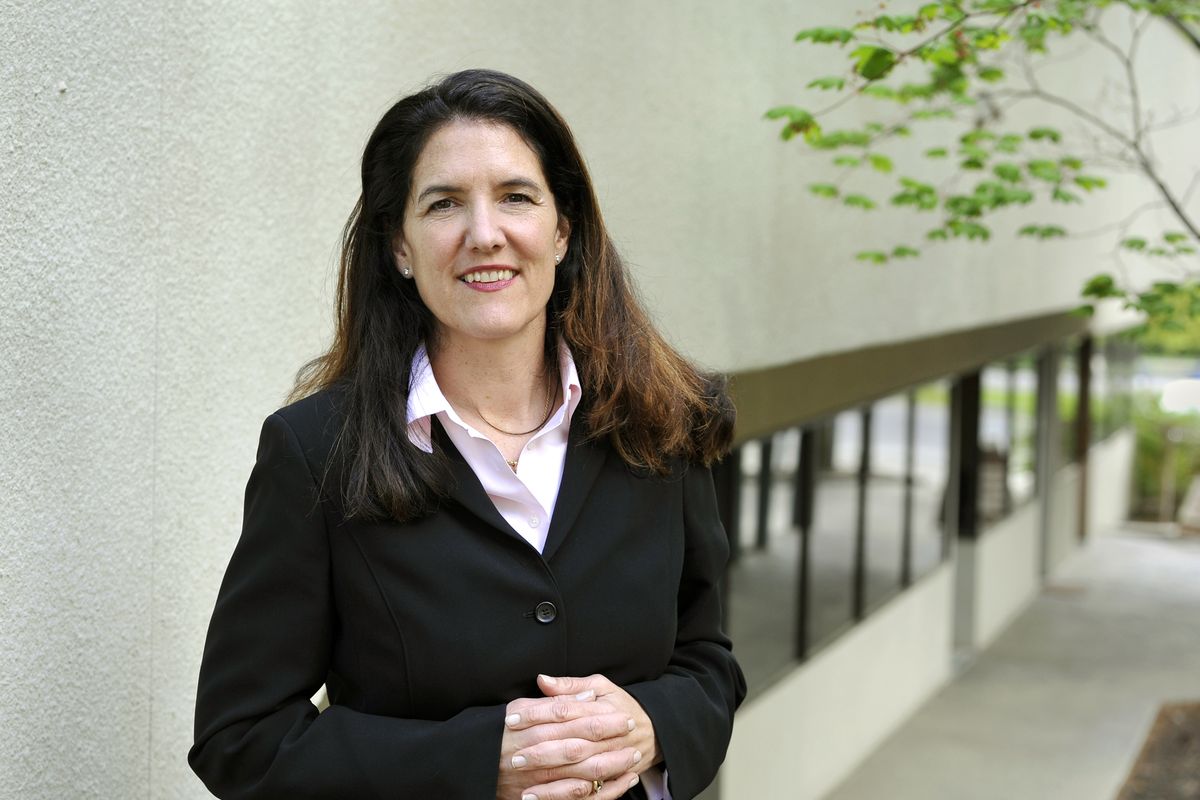Disability insurance let woman focus on recovery after serious injury

Sarah Rieger remembers every detail of her ordeal.
The moment the stolen SUV smashed into her as she crossed a New York City street. Her pelvis shattering. Intensive care, seven surgeries, eight months recovering in bed.
And worrying about her family – her husband, Rick, and their four young children, 5-year-old twins and 2-year-old twins.
The hit-and-run that nearly killed Rieger nine years ago left her unable to return to full-time work for three years.
“In that moment my life changed forever,” said Rieger, 48, the owner and president of Fulcrum Financial Group in Spokane.
As bad as it was, she and her family were spared financial hardship. Rieger carried disability insurance that replaced part of her income and allowed her to focus on her arduous recovery.
“Disability income is so underutilized and misunderstood. So often people wait until something happens and then try to figure it out,” she said. “We just don’t consider insuring our paycheck.”
Half of all households would be in dire straits from missing a paycheck for even one month, according to an April survey by Kelton Research for the nonprofit LIFE Foundation, which works on behalf of the life and health insurance industry.
Rieger said the replacement income from her policy, as well as Social Security disability payments, let her seek out the best medical treatment and focus on her health.
She required in-home care and needed extra help with her children and business. For a time, the couple’s living expenses nearly tripled.
“Even being a financial planner, I was not aware how quickly we’d blow through our resources,” she said. “We were saddled with lots of additional costs.”
Having disability insurance paid off, she said. It provided a steady income and protected their home, retirement savings and children’s college funds.
And that was a great relief, Rieger said. Finding the energy to focus on her recovery was hard enough.
Her story caught the attention of the LIFE Foundation, which invited Rieger to share her experience this month for a national campaign to inform workers about guarding against the loss of income from illness or injury.
“Things happen when you don’t take any risk,” she said. “Sometimes people think you have to be bungee jumping or doing something crazy to invite something to happen. But in most cases it’s cancer or an ongoing medical issue.”
In her case, she was crossing the street. It was July 13, 2003, and Rieger was on a business trip 2,000 miles from home.
A 19-year-old man driving a stolen Toyota Highlander slammed into her and sped away. He was caught and later sent to prison. Rieger was left to make a long recovery.
The impact shattered her pelvis into more than 40 pieces, tore her knees apart, compressed her lower back and ripped her right shoulder socket. She had such massive internal bleeding that surgeons could not operate for two weeks.
Her doctors weren’t sure she’d walk again – a devastating disclosure for the athletic, 6-foot-tall woman. She was a ski racer growing up in Colorado, and at Yale competed on the volleyball, basketball and crew teams. After college she was on the U.S. Rowing team and made a bid for the 1988 Olympic team.
She was determined to not only walk again but return to life as she knew it. Today she leads an active lifestyle again. In July she will pedal in a 204-mile bicycle race from Seattle to Portland. She did it last year in two days and intends this summer to cover the course in one day.
As a full-service financial services firm, Fulcrum Financial Group is licensed to sell disability insurance, but that’s a small piece of what the company does, Rieger said. Most clients are transitioning into retirement and are past the need for paycheck protection, she said.
She does urge younger people to think hard about disability insurance as part of a complete plan to save and protect their money.
“It is a balancing act of what you can afford and then what you need,” she said. “If you need your paycheck to pay your bills, then you need disability insurance.”